As the next UN climate conference nears, a number of mainstream media outlets are hyping a study claiming the Earth faces a climate emergency because it is approaching the 1.5 degree Celsius warming threshold set by the Paris Agreement. This is false. No scientific evidence exists indicating that an increase of 1.5 degrees above estimated pre-industrial temperatures constitutes a crisis, or means the Earth is approaching a tipping point. Data shows that the increase in extreme weather events projected to occur as temperatures have modestly risen have consistently failed to materialize.
The Washington Post (The Post) and ABC News, for example, both discussed a recent paper describing the “carbon budget” as dwindling, making the target warming threshold more likely to be passed. The study cited by The Post and ABC was published in Nature Climate Change, “Assessing the size and uncertainty of remaining carbon budgets,” That paper defines a “remaining carbon budget” (RCB) as the “net amount of CO2 humans can still emit without exceeding a chosen global warming limit,” (emphasis mine) which in this case is the 1.5°C of warming set by the UN Paris Agreement. The study uses computer models, which Climate Realism has shown are famously unreliable, to show that for a 50 percent chance of keeping warming to the target, humans can only emit carbon dioxide at current levels for six more years.
ABC News claims that “while climate models can’t predict exactly when irreversible impacts of climate change may be triggered, going beyond the 1.5-degree benchmark heightens the risk of warming-related catastrophes, according to researchers.” ABC went on further to claim that 3 degrees of warming would make much of the planet “unlivable.”
Unfortunately for ABC News, that 1.5 degree threshold may have already been breached, and indeed the 3 degree threshold has already been breached in Europe. Meteorologist Anthony Watts explains in “Media Regurgitates IPCC’s ‘Final Warning’ on Climate Change – Without Realizing We’ve Already Passed 1.5°C,” Berkeley Earth global surface temperature data show that the planet has possibly warmed 4°C since 1750 – with no catastrophic tipping points coming to pass.
ABC News cages their alarmism in moderating phrases such as “[t]he exact figure of 1.5 degrees Celsius of warming is less important than keeping global warming as far below that figure as possible,” but with that number imminent, it’s not clear why we should believe that any tipping points are approaching with it.
The Post says that as the “impacts of climate change escalate, scientists say, their language has changed to meet the moment,” meaning that they now use language like “emergency” and “crisis” in purportedly scientific publications. This is normative language, not scientific. The Post suggests that extreme weather like the Paradise California wildfires or recent Hurricane Otis are evidence that the earth is reaching something like a tipping point due to climate change, and that those events are inspiring scientists to drop scientific neutrality and instead take activist roles.
But extreme weather isn’t getting worse. While the Paradise “Camp Fire” fire in 2018 was a devastating natural disaster, it was not indicative of any warming related trend. Wildfires are not unusual for the region, and the Camp Fire was no different. Fire requires a spark to start – in that case, poorly maintained power lines. Fuel is the next necessary ingredient, and while drought played a part, it was not historically unusual drought for the region, as discussed in “Media Misses the Real Reason for Catastrophic Western Wildfires.” The largest change has been in forest management practices, and this can be seen in available wildfire data. Recent decades have seen environmentalists stopping forest thinning, logging, and other activities that would otherwise reduce the materials that fuel massive, destructive wildfires. (See figure below)
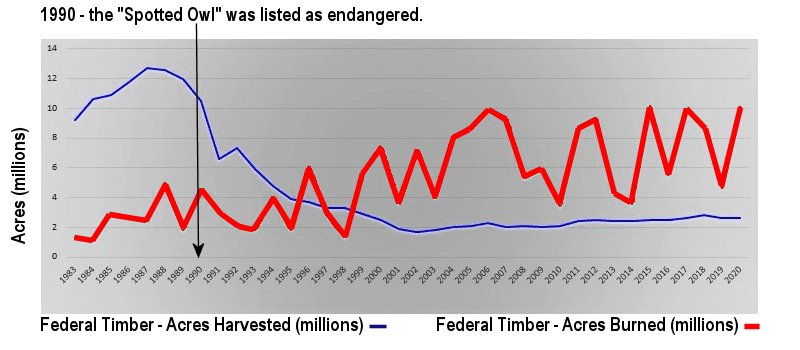
Additionally, wildfires today are actually at a historic low compared to the 1930s, and it is pretty clear that carbon dioxide emissions don’t correlate with fire frequency or acres burned. (see figure below)
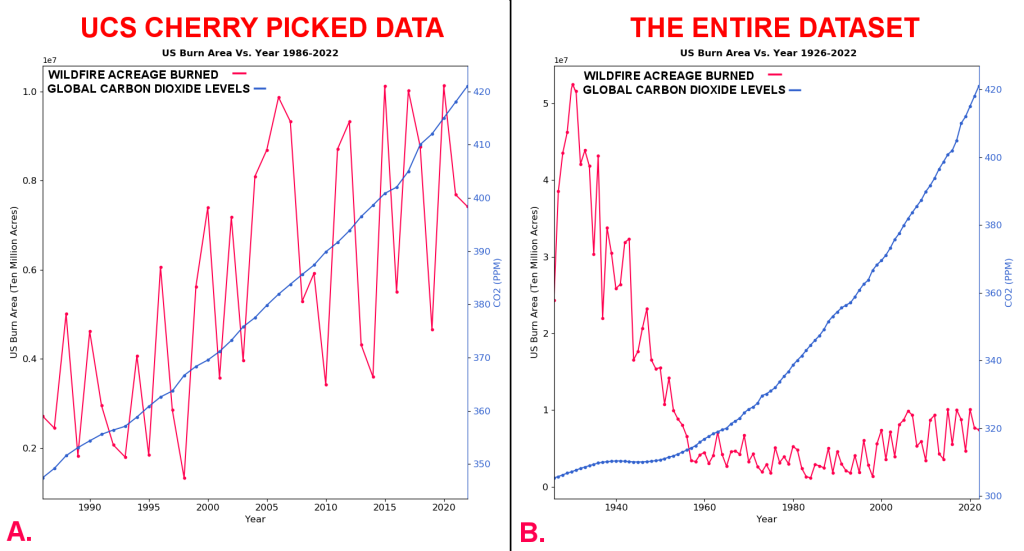
Hurricanes are likewise not on the rise, as discussed in Climate Realism here, here, and here, and if there is any trend at all, severe hurricanes actually appear to be slightly declining since the 1990s. (See figure below)
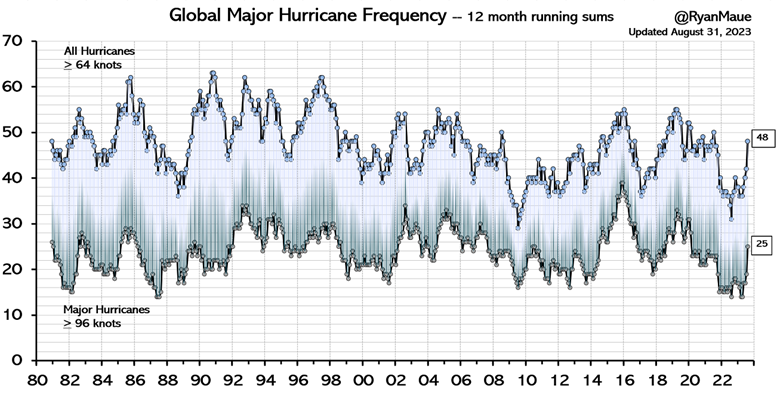
Since extreme weather is not increasing, even amid decades of global warming, there does not seem to be much cause for alarm that there will be catastrophic trends in the future. As the above quotes show, even the alarmists in media themselves admit that the 1.5°C threshold is somewhat arbitrary. A political threshold, the surpassing of which can’t be shown to constitute an “emergency” or a catastrophe. Instead of trying to scare up some alarm, seemingly for the upcoming COP28 conference, media like ABC News and The Washington Post should introduce readers to the actual data instead, or at the very least offer some pushback on the activist scientists they interview.



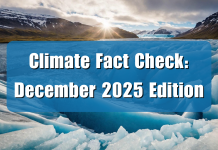
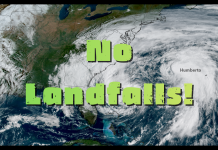




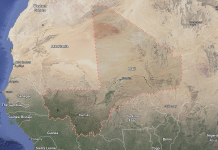












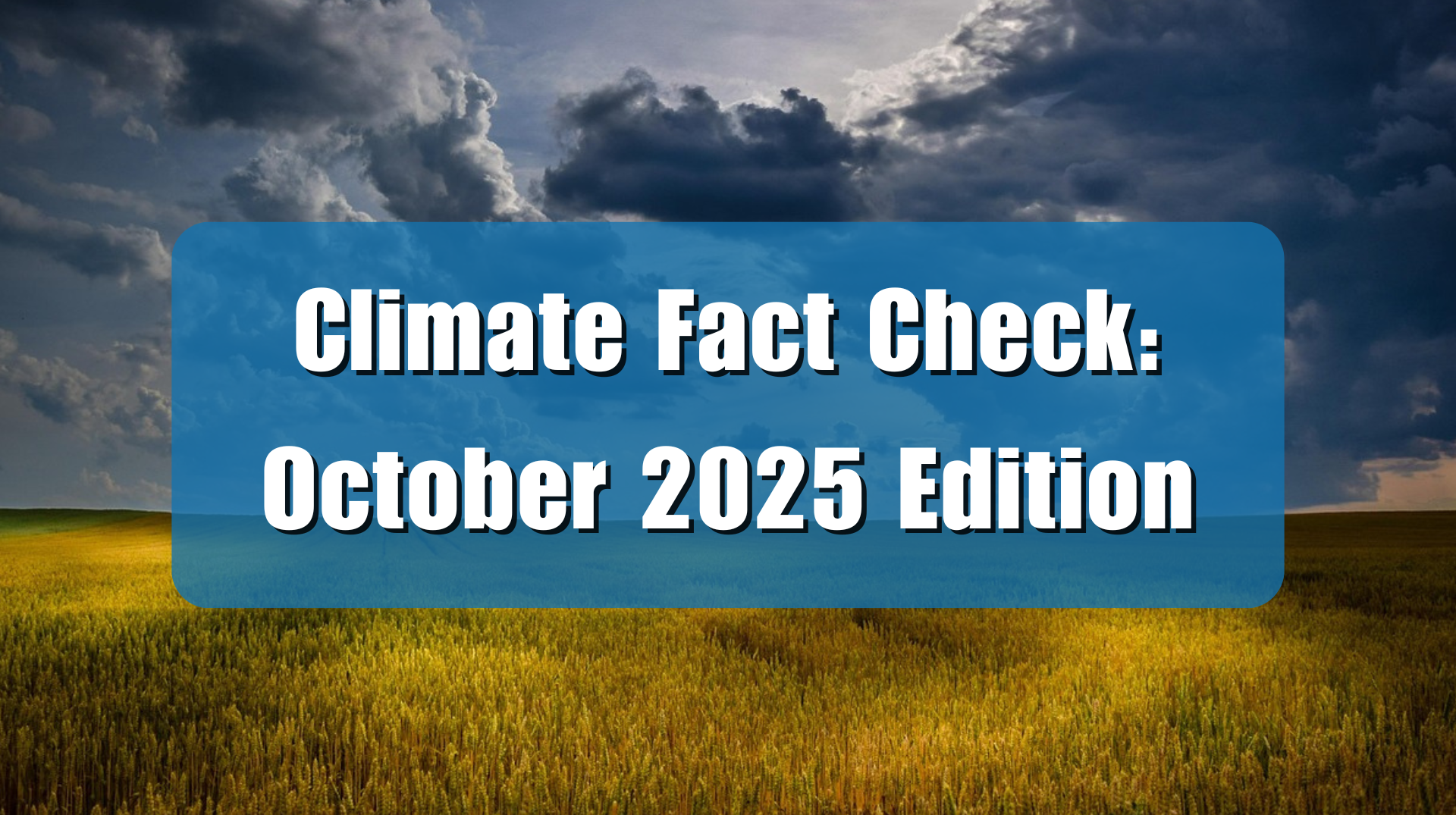

I guess the question is, is it worth trying to fight the options and posts on platforms like FB and X. Even when I quote a sentence from this site I get “your quoting from Heartland a pro fossil fuel and industrial complex site that posts nothing but false narratives”. Just getting tired of trying to have a conversation.
I would like to ask why the media does not post reports by scientists like Dr Happer or Sr curry. Post both and let the public decide
Totally bogus reports with no basis for factual evidence just speculation on future developments that are irreversible. The only thing that is certain is that hypothetical scenarios are just that with no other meaningful explanation. Reality doesn’t seem to mean anything and that there are no relationships to global warming and human caused effects just a bias against fossil fuels! Climatologists are trying to justify their research and computer models to increase alarmism otherwise they would have nothing to do or say!
This recent study shows that the cold weather we have every year causes about 4.6 million deaths a year globally mainly through increased strokes and heart attacks, compared with about 500,000 deaths a year from hot weather. We can’t easily protect our lungs from the cold air in the winter and that causes our blood vessels to constrict causing blood pressure to increase leading to heart attacks and strokes.
‘Global, regional and national burden of mortality associated with nonoptimal ambient temperatures from 2000 to 2019: a three-stage modelling study’
https://www.thelancet.com/journals/lanplh/article/PIIS2542-5196(21)00081-4/fulltext
Plus, the Grand Solar Minimum has started. That should mean less solar output.